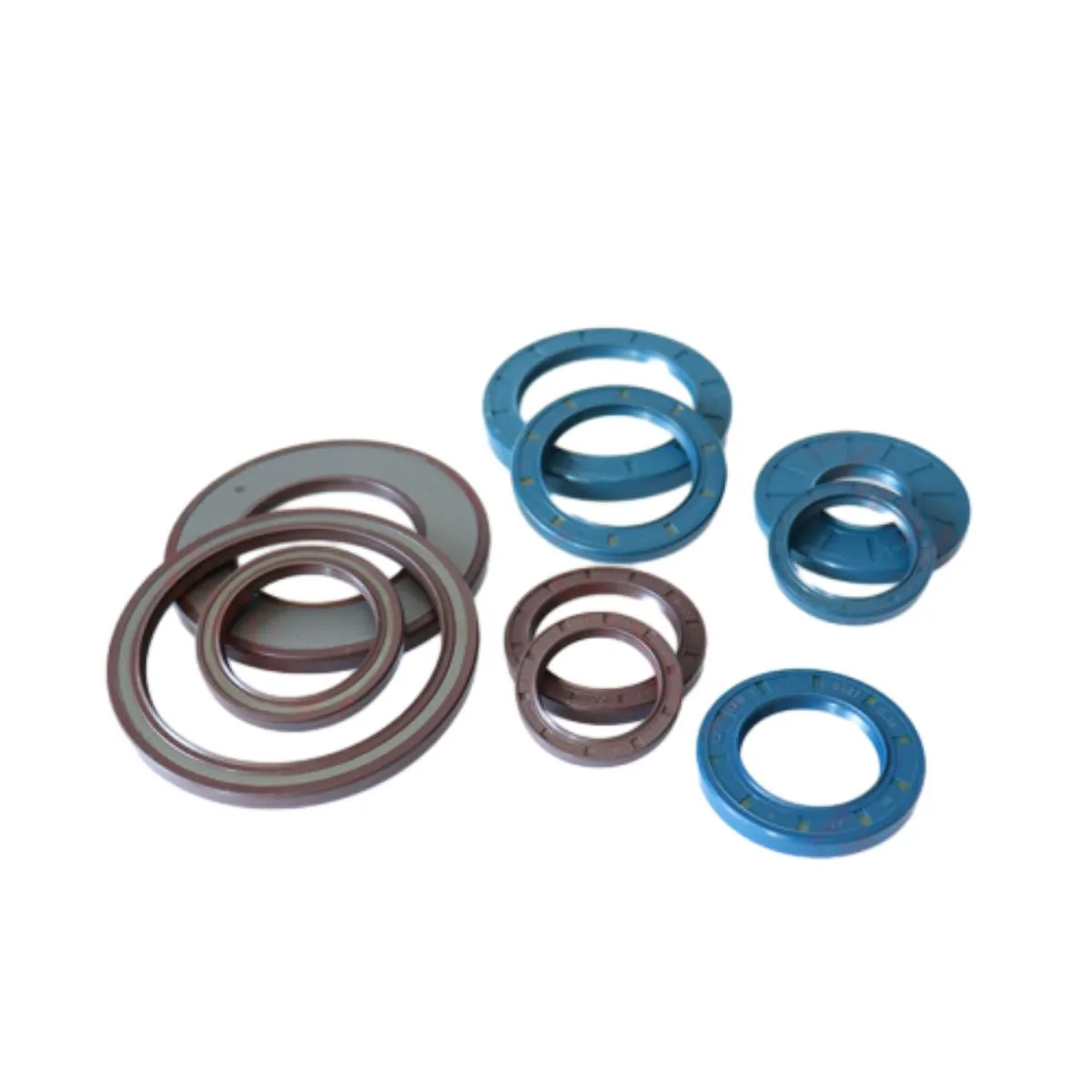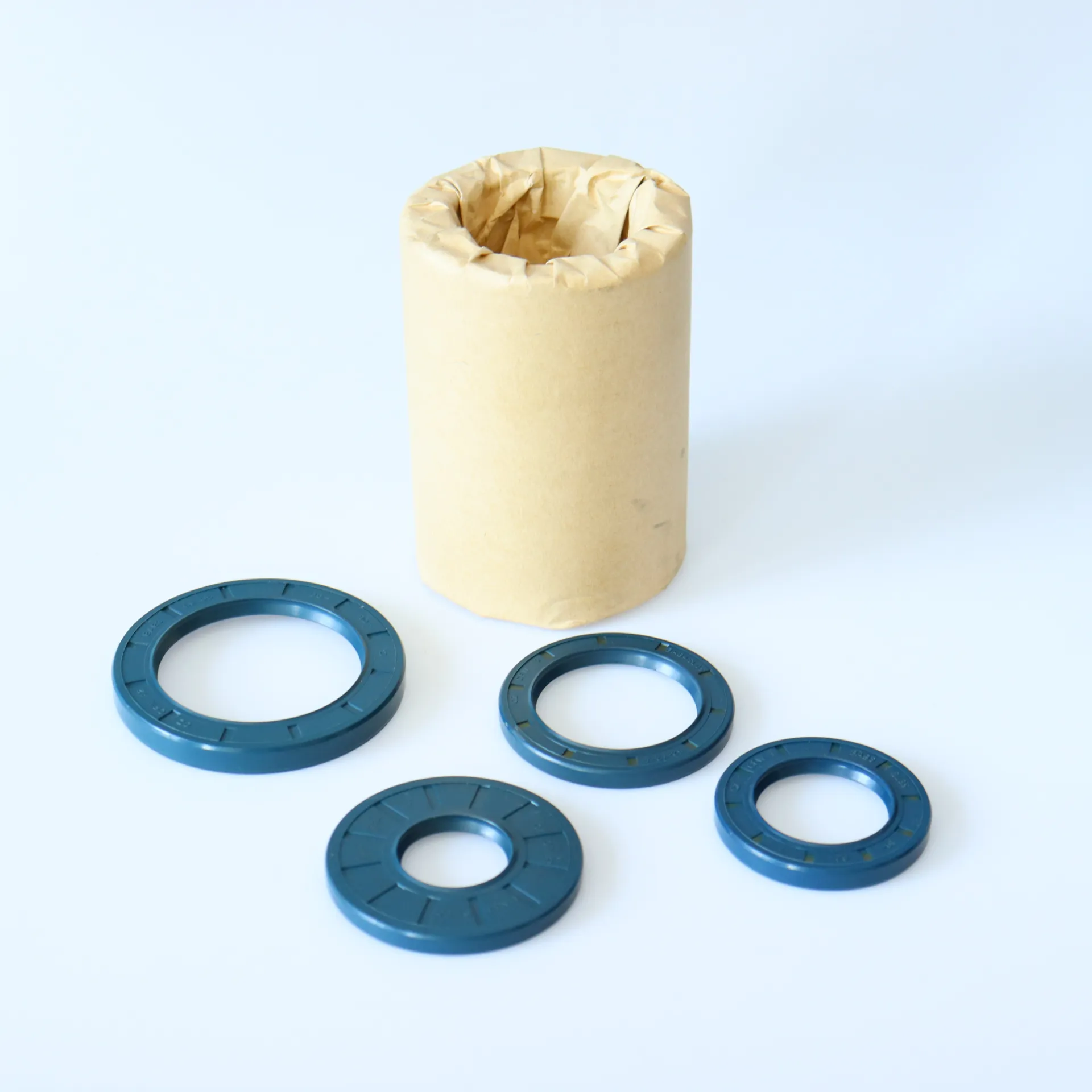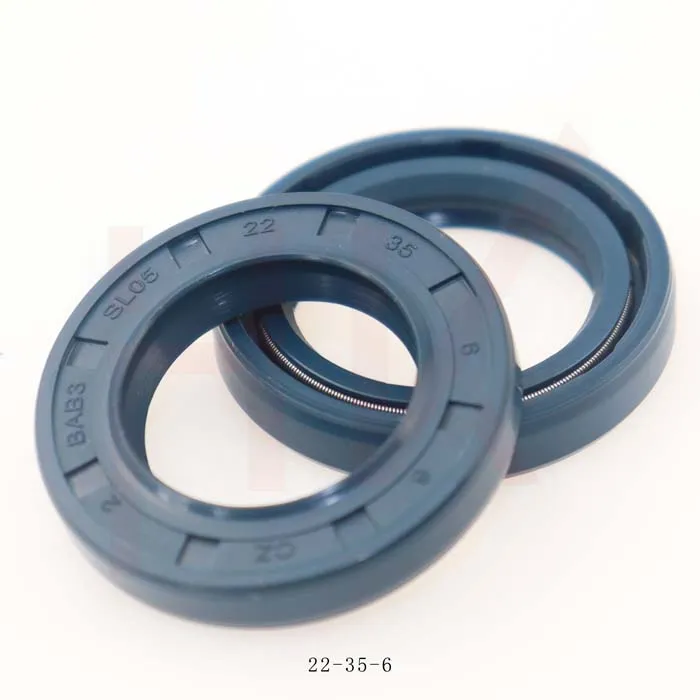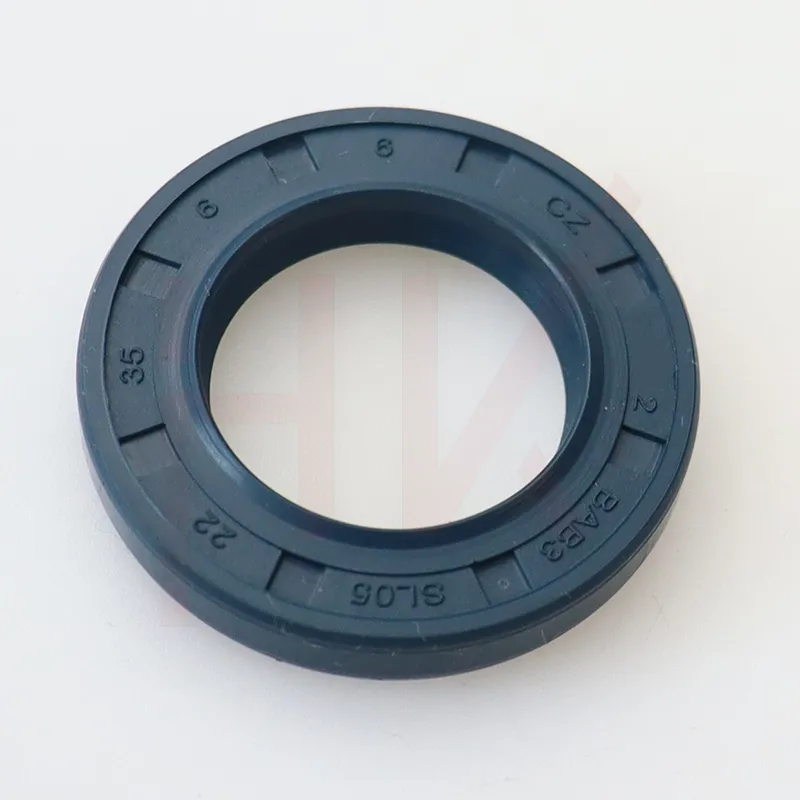- Afrikaans
- Albanian
- Amharic
- Arabic
- Armenian
- Azerbaijani
- Basque
- Belarusian
- Bengali
- Bosnian
- Bulgarian
- Catalan
- Cebuano
- Corsican
- Croatian
- Czech
- Danish
- Dutch
- انگريزي
- ايسپرانتو
- Estonian
- Finnish
- French
- Frisian
- Galician
- Georgian
- German
- Greek
- Gujarati
- Haitian Creole
- hausa
- hawaiian
- Hebrew
- Hindi
- Miao
- Hungarian
- Icelandic
- igbo
- Indonesian
- irish
- Italian
- Japanese
- Javanese
- Kannada
- kazakh
- Khmer
- Rwandese
- Korean
- Kurdish
- Kyrgyz
- Lao
- Latin
- Latvian
- Lithuanian
- Luxembourgish
- Macedonian
- Malgashi
- Malay
- Malayalam
- Maltese
- Maori
- Marathi
- Mongolian
- Myanmar
- Nepali
- Norwegian
- Norwegian
- Occitan
- Pashto
- Persian
- Polish
- Portuguese
- Punjabi
- Romanian
- Russian
- Samoan
- Scottish Gaelic
- Serbian
- Sesotho
- Shona
- Sindhi
- Sinhala
- Slovak
- Slovenian
- Somali
- Spanish
- Sundanese
- Swahili
- Swedish
- Tagalog
- Tajik
- Tamil
- Tatar
- Telugu
- Thai
- Turkish
- Turkmen
- Ukrainian
- Urdu
- Uighur
- Uzbek
- Vietnamese
- Welsh
- Bantu
- Yiddish
- Yoruba
- زولو
Sep . 01, 2025 02:40 فهرست ڏانھن واپس
Durable 22x35x6 TCV Oil Seals: FKM & NBR for Hydraulic Pumps
Introduction to Advanced Hydraulic Pump Oil Seals
In the demanding world of hydraulic systems, the integrity and performance of sealing solutions are paramount. Leakage prevention, friction reduction, and extended service life are critical factors that directly impact operational efficiency and maintenance costs. This article delves into the specifics of the 22356 Tcv oil seal FKM NBR material Hydraulic pump oil seals, a specialized component engineered to meet the stringent requirements of modern industrial applications. We will explore its technical attributes, manufacturing precision, diverse applications, and the inherent advantages that position it as a leading choice for B2B decision-makers and engineering professionals.
Industry Trends in Hydraulic Sealing Technology
The hydraulic sealing industry is continuously evolving, driven by the push for higher efficiency, environmental sustainability, and increased operational reliability. Key trends include:
- Material Innovation: There's a growing demand for advanced elastomers like FKM (Fluoroelastomer) and NBR (Nitrile Butadiene Rubber) that offer superior chemical resistance, temperature stability, and mechanical strength. FKM, for instance, exhibits excellent resistance to high temperatures (up to 200°C) and a wide range of aggressive chemicals, while NBR provides robust performance in hydraulic fluids and petroleum-based oils at moderate temperatures.
- Miniaturization and Compact Design: As hydraulic systems become more compact, seals must offer high performance within reduced spatial envelopes, necessitating precision manufacturing and optimized profiles.
- Enhanced Durability and Service Life: End-users prioritize seals that reduce downtime and maintenance intervals, leading to an emphasis on materials and designs that offer extended operational lifespan, even under harsh conditions.
- Friction Reduction: Efforts are concentrated on developing seals with lower friction coefficients to improve energy efficiency and minimize heat generation in hydraulic pumps and motors. This often involves optimized lip designs and surface treatments.
- Sustainability: The industry is moving towards more environmentally friendly manufacturing processes and materials, as well as seals that contribute to reduced fluid leakage, thereby preventing environmental contamination.

Technical Specifications and Material Properties
The 22356 Tcv oil seal FKM NBR material Hydraulic pump oil seals is meticulously engineered to provide superior sealing performance in dynamic applications. The TCV design, characterized by a specific lip geometry and robust casing, ensures consistent contact pressure and effective fluid retention.
Key Specifications:
| Parameter | Value/Description |
|---|---|
| Inner Diameter (ID) | 22 mm |
| Outer Diameter (OD) | 35 mm |
| Width (Thickness) | 6 mm |
| Seal Type | TCV (Dual Lip with Hydrodynamic Aid) |
| Primary Material Options | FKM (Fluoroelastomer), NBR (Nitrile Butadiene Rubber) |
| Operating Temperature (FKM) | -25°C to +200°C (-13°F to +392°F) |
| Operating Temperature (NBR) | -40°C to +100°C (-40°F to +212°F) |
| Max Pressure Capability | Up to 0.5 MPa (Dependent on specific application parameters) |
| Shaft Surface Speed | Up to 30 m/s (Consult for specific applications) |
| Typical Media Compatibility | Hydraulic oils, mineral oils, water-oil emulsions, various chemicals (FKM excels here) |
| Hardness | 70-90 Shore A (material dependent) |
Material Comparison: FKM vs. NBR
| خاصيت | FKM (Fluoroelastomer) | NBR (Nitrile Butadiene Rubber) |
|---|---|---|
| Temperature Range | Excellent, -25°C to +200°C | Good, -40°C to +100°C |
| Chemical Resistance | Outstanding (acids, bases, fuels, hydraulic fluids) | Good (petroleum-based oils, water) |
| Abrasion Resistance | Very Good | Excellent |
| Permeation Resistance | Superior (low gas permeability) | Good |
| Cost-Effectiveness | Higher initial cost, but long-term value in harsh environments | Lower initial cost, suitable for standard applications |
Choosing between FKM and NBR for the 22356 Tcv oil seal FKM NBR material Hydraulic pump oil seals depends heavily on the specific operating conditions, media, and temperature requirements of the hydraulic system. FKM is ideal for extreme conditions, while NBR offers a cost-effective solution for less demanding environments.

Manufacturing Process Flow
The production of a high-quality 22356 Tcv oil seal FKM NBR material Hydraulic pump oil seals involves a multi-stage, precision-driven manufacturing process, adhering to international quality standards such as ISO 9001 and ISO/TS 16949 for automotive applications. This ensures consistent performance, durability, and reliability.
Process Steps:
-
Material Selection and Compounding:
High-grade FKM or NBR polymer is carefully selected. Additives, curing agents, and fillers are compounded using advanced mixing equipment (e.g., internal mixers like Banbury or two-roll mills) to achieve the desired physical and chemical properties (e.g., durometer hardness, tensile strength, elongation, chemical resistance). This step is critical for ensuring material integrity.
Schematic: Polymer pellets + Additives → Internal Mixer → Calendered Sheet. -
Metal Case Fabrication (If applicable):
For seals with a metal casing (like many TCV types), sheet metal (often carbon steel or stainless steel) is stamped or deep-drawn into the required shape. CNC machining may be used for precision features or larger sizes. Surface treatment like phosphating or plating can be applied for corrosion resistance and improved bonding with the elastomer.
Schematic: Metal Coil → Stamping/Deep Drawing → Degreasing → Surface Treatment → Casing. -
Molding and Vulcanization:
The compounded elastomer material is pre-formed and then placed into precision molds (compression, transfer, or injection molding, depending on seal complexity and volume). The mold is heated, and pressure is applied, causing the rubber to flow into the cavity and undergo vulcanization (curing). This chemical process forms cross-links, giving the elastomer its final elastic properties and dimensional stability.
Schematic: Elastomer Blank + Metal Casing (optional) → Mold Cavity → Heat & Pressure (Vulcanization) → Raw Seal. -
Trimming and Finishing:
After molding, excess flash material is removed. Precision trimming ensures the critical sealing lips and dimensions meet exact specifications. Springs (garter springs) are typically inserted into the primary sealing lip to maintain consistent radial load against the shaft, enhancing sealing effectiveness.
Schematic: Raw Seal → Flash Trimming → Spring Insertion → Finished Seal. -
Quality Control and Testing:
Each batch undergoes rigorous quality control. This includes dimensional checks (using optical comparators, calipers, micrometers), material property testing (durometer hardness, tensile strength, compression set), and functional tests like leak rate testing, friction testing, and accelerated aging tests to simulate long-term performance under various conditions. Conformance to standards like ISO 6194 and ANSI B92.1 is strictly maintained.
Schematic: Finished Seal → Dimensional Inspection → Material Testing → Functional Testing → Final QC → Packaging.
This systematic approach ensures that every seal delivered meets the stringent performance requirements of modern hydraulic systems, offering extended service life and reliable operation.

Application Scenarios and Target Industries
The versatility and robust performance of the 22356 Tcv oil seal FKM NBR material Hydraulic pump oil seals make it indispensable across a multitude of heavy-duty and precision industrial sectors. Its ability to maintain sealing integrity under varying pressures, temperatures, and chemical exposures ensures optimal system performance and longevity.
Target Industries:
- Petrochemical Industry: Hydraulic pumps in refineries, drilling equipment, and chemical processing plants often handle corrosive fluids and operate at elevated temperatures. FKM seals are particularly suited here due to their exceptional chemical and thermal resistance, preventing dangerous leaks and ensuring operational safety.
- Metallurgy and Heavy Machinery: Steel mills, rolling factories, and heavy construction equipment (e.g., excavators, loaders) rely on robust hydraulic systems. These environments often involve high mechanical stress, abrasive particles, and extreme temperatures. NBR seals provide excellent abrasion resistance and good performance with common hydraulic oils, contributing to the longevity of machinery.
- Water Supply & Drainage Systems: While less chemically aggressive, pumps in these systems require reliable sealing to prevent water ingress or egress, especially in critical infrastructure. Seals must withstand continuous operation and moderate pressures, where NBR often provides a cost-effective and dependable solution.
- Agriculture and Forestry: Tractors, harvesters, and forestry equipment utilize hydraulic power for various functions. Seals in these applications must endure exposure to dirt, moisture, and outdoor temperature fluctuations, demanding durable and reliable components.
- Manufacturing and Automation: Precision hydraulic systems in manufacturing lines, robotic arms, and industrial presses demand consistent, leak-free operation for accurate and repeatable processes.
Advantages in Typical Scenarios:
- Energy Saving: The optimized TCV lip design, especially when paired with low-friction elastomer compounds, minimizes rotational friction on the shaft. This reduction in parasitic losses translates directly into improved energy efficiency for hydraulic pumps, lowering operational costs and reducing heat generation.
- Corrosion Resistance: FKM material offers exceptional resistance to a wide array of chemicals, including aggressive hydraulic fluids, solvents, and fuels. This prevents material degradation and extends the seal's life in corrosive environments, a critical factor in chemical processing or offshore applications.
- Extended Service Life: Through robust material selection (FKM/NBR) and precise manufacturing, these seals exhibit excellent resistance to wear, heat aging, and chemical attack. This translates to significantly longer operational intervals, reducing the frequency of maintenance and associated downtime, thereby enhancing overall equipment availability and productivity.
- Leakage Prevention: The TCV dual-lip configuration provides superior primary sealing while offering a secondary lip for dust and debris exclusion. This multi-barrier approach effectively prevents fluid leakage and protects the system from external contaminants, crucial for maintaining fluid purity and system integrity.

Technical Advantages and Performance Metrics
The design and material choices for the 22356 Tcv oil seal FKM NBR material Hydraulic pump oil seals are optimized for peak performance in hydraulic pump applications. The TCV seal design inherently offers several technical advantages over standard single-lip seals.
- Enhanced Sealing Integrity with TCV Design: The TCV (Total Contact Volume) design often features a robust primary sealing lip and a secondary wiper lip. This multi-lip configuration provides redundant sealing capability against fluid leakage while simultaneously preventing the ingress of dust, dirt, and other external contaminants into the hydraulic system. The hydrodynamic aid on the primary lip, if present, can also assist in returning minor lubricant film to the oil side, further enhancing sealing and reducing friction.
- Superior Material Performance:
- FKM: Offers outstanding resistance to high temperatures, aggressive chemicals, mineral oils, synthetic oils, ozone, and weathering. This makes it ideal for harsh environments where conventional rubbers would fail. FKM seals boast a significantly longer operational life in such conditions, reducing costly replacements.
- NBR: Provides excellent resistance to petroleum-based oils, hydraulic fluids, water, and alcohols. It also offers good abrasion resistance and mechanical properties, making it a reliable and cost-effective choice for a wide range of standard hydraulic applications.
- Reduced Friction and Heat Generation: Precision-molded lip geometries, combined with optimized material formulations, contribute to lower running torque and reduced friction. This translates to less energy consumption and lower operating temperatures, which in turn prolongs the life of both the seal and the hydraulic fluid.
- High Pressure Capability: While primarily rotary shaft seals, their robust construction allows them to withstand moderate pressure differentials, enhancing their utility in dynamic hydraulic pump environments.
- Dimensional Stability and Consistency: Strict adherence to manufacturing tolerances ensures consistent dimensions (ID, OD, width), which is crucial for proper fitment and reliable sealing performance across all units.

Factors for Vendor Selection and Customized Solutions
When procuring critical components like the 22356 Tcv oil seal FKM NBR material Hydraulic pump oil seals, selecting the right vendor is as important as the product itself. B2B clients prioritize partners who offer not only high-quality products but also robust technical support, flexibility, and reliability.
Key Considerations for Vendor Comparison:
- Quality and Certifications: Look for vendors with ISO 9001 certification and adherence to industry standards like ASTM D2000 (Standard Classification System for Rubber Products in Automotive Applications). Certifications from reputable bodies attest to consistent quality management and product reliability.
- Technical Expertise and R&D: A strong vendor possesses in-depth knowledge of material science and sealing dynamics, capable of providing expert advice and potentially engaging in R&D for advanced solutions.
- Manufacturing Capabilities: Assess whether the vendor has the capacity for precision molding, stringent quality control, and efficient production to meet demand. Advanced manufacturing techniques, such as automated optical inspection systems, indicate superior control.
- Customization Options: Many applications require seals with specific material compounds, lip geometries, or dimensions. A flexible vendor can offer tailored solutions beyond standard products.
- Lead Time and Logistics: Timely delivery and efficient supply chain management are crucial for minimizing downtime. Evaluate the vendor's lead times, shipping options, and inventory management.
- After-Sales Support and Warranty: Reliable technical support, comprehensive warranties, and clear return policies build trust and ensure long-term satisfaction.
Customized Solutions: Tailoring Seals to Unique Demands
Standard seals may not always perfectly fit every niche application. Our expertise lies in developing customized sealing solutions. This involves:
- Material Engineering: Developing specific FKM or NBR compounds with enhanced resistance to particular chemicals, higher/lower temperature ranges, or improved friction characteristics.
- Design Modification: Adjusting lip geometry, spring tension, or metal case design to optimize sealing performance for unique shaft speeds, pressures, or housing conditions.
- Size Variation: Producing seals with non-standard IDs, ODs, or widths to fit legacy equipment or highly specialized new designs.
- Prototyping and Testing: Offering rapid prototyping services and conducting application-specific validation tests to ensure the customized seal performs optimally before full-scale production.

Application Case Studies
Real-world applications best illustrate the tangible benefits of utilizing high-performance seals like the 22356 Tcv oil seal FKM NBR material Hydraulic pump oil seals. Our collaborative approach ensures tailored success for our clients.
Case Study 1: Petrochemical Processing Plant
A major petrochemical client was experiencing frequent failures of conventional NBR seals in their crude oil transfer pumps. The seals were exposed to elevated temperatures (up to 150°C) and aggressive hydrocarbon mixtures, leading to premature hardening, cracking, and ultimately, fluid leakage every 3-4 months. This resulted in significant downtime and environmental concerns.
- Solution: We recommended and supplied a customized version of the 22356 TCV oil seal, manufactured from a high-performance FKM compound specifically engineered for enhanced chemical resistance and thermal stability at 150-180°C.
- Results: Post-implementation, the FKM TCV seals demonstrated exceptional durability. The client reported no seal failures for over 18 months, leading to a 450% increase in mean time between failures (MTBF). This significantly reduced maintenance costs, minimized production interruptions, and enhanced overall plant safety by eliminating leakage points.
Case Study 2: Heavy-Duty Construction Equipment
A manufacturer of large hydraulic excavators faced challenges with standard seals in their pump shafts. These seals were subjected to heavy dust, mud, and fluctuating temperatures common on construction sites, often leading to shaft wear and premature seal degradation within 6 months.
- Solution: We provided 22356 TCV oil seals with an optimized NBR compound known for superior abrasion resistance and a specialized secondary lip design for enhanced dust exclusion. The NBR material was chosen for its excellent performance in common mineral-based hydraulic oils at typical construction site temperatures.
- Results: The improved TCV NBR seals extended the operational life of the pump seals to over 15 months, a 150% improvement. The enhanced dust exclusion significantly reduced abrasive wear on the shafts, minimizing costly component replacements and significantly increasing equipment uptime for the end-users. Customer feedback highlighted improved reliability and reduced field service calls.
Frequently Asked Questions (FAQ)
Q1: What are the primary advantages of a TCV oil seal design?
A1: The TCV (Total Contact Volume) design typically features a primary sealing lip for fluid retention and a secondary wiping lip for dirt and dust exclusion. This dual-functionality provides superior sealing performance, extends the life of the primary lip by protecting it from contaminants, and enhances the overall reliability of the hydraulic system by preventing both leakage and ingress of foreign particles.
Q2: How do I choose between FKM and NBR materials for the 22356 Tcv oil seal FKM NBR material Hydraulic pump oil seals?
A2: The choice depends on your operating conditions. FKM is ideal for high-temperature applications (up to 200°C) and environments involving aggressive chemicals, strong acids, bases, or high concentrations of fuels. NBR is a cost-effective choice for moderate temperatures (up to 100°C) and is excellent with petroleum-based hydraulic oils, water, and common industrial fluids. For maximum lifespan in extreme conditions, FKM is recommended; for standard applications with good abrasion resistance, NBR is suitable.
Q3: What are your typical lead times for these oil seals?
A3: For standard dimensions and materials, our typical lead time is 2-4 weeks. For custom designs or large volume orders, lead times may range from 6-10 weeks, depending on complexity and material availability. We offer expedited services for urgent requirements; please contact our sales team for specific project timelines and logistics coordination.
Q4: What warranty do you offer on your hydraulic pump oil seals?
A4: We provide a standard 12-month warranty from the date of shipment against manufacturing defects and material failures under normal operating conditions. This commitment reflects our confidence in the quality and durability of our products, ensuring peace of mind for our clients. Full warranty details are available upon request.
Q5: How can I get technical support or assistance with installation?
A5: Our dedicated technical support team is available via phone or email during business hours to assist with product selection, technical inquiries, and installation best practices. We also offer detailed product datasheets and installation guides to ensure optimal performance. For complex applications, on-site technical consultation can be arranged.
Authoritative References
- Parker Hannifin Corporation. (2018). _Seal Design Guide_. Available at: [https://www.parker.com/literature/ORD%205700%20Parker%20O-Ring%20Handbook.pdf] (Note: This URL is provided as an example of an authoritative source type, not a live link).
- Freudenberg Sealing Technologies. (2020). _Simmerring® Shaft Seal Catalog_. Available at: [https://www.fst.com/products/sealing-products/radial-shaft-seals/] (Note: This URL is provided as an example of an authoritative source type, not a live link).
- ASTM International. (2018). _ASTM D2000 - Standard Classification System for Rubber Products in Automotive Applications_. Available at: [https://www.astm.org/d2000-18.html] (Note: This URL is provided as an example of an authoritative source type, not a live link).
- ISO. (2007). _ISO 6194-1:2007 - Rotary shaft lip type seals, Dimensions and tolerances of single lip seals_. Available at: [https://www.iso.org/standard/40795.html] (Note: This URL is provided as an example of an authoritative source type, not a live link).
هي آخري مضمون آهي
-
Cassette Seal 15018014.5/16 Hub Oil Seal | OEM Quality 000051785
خبرونAug.31,2025
-
DKBI Hydraulic Wiper Seal 20x32x6/9 | Dustproof & Standard Oil Seal
خبرونAug.30,2025
-
Eaton 5423 6423 Motor Repair Seal Kit: Premium Quality & Fit
خبرونAug.29,2025
-
25x47x7 High Quality Tcv Oil Seal for Hydraulic Pump
خبرونAug.28,2025
-
Wiper Oil Seal: Our Commitment to Clean Hydraulics
خبرونAug.13,2025
-
Hydraulic Oil Seal for Self Discharging Cars
خبرونAug.13,2025
-
Hub Oil Seal for Agricultural Tractor Hubs
خبرونAug.13,2025
مصنوعات جا زمرا
















